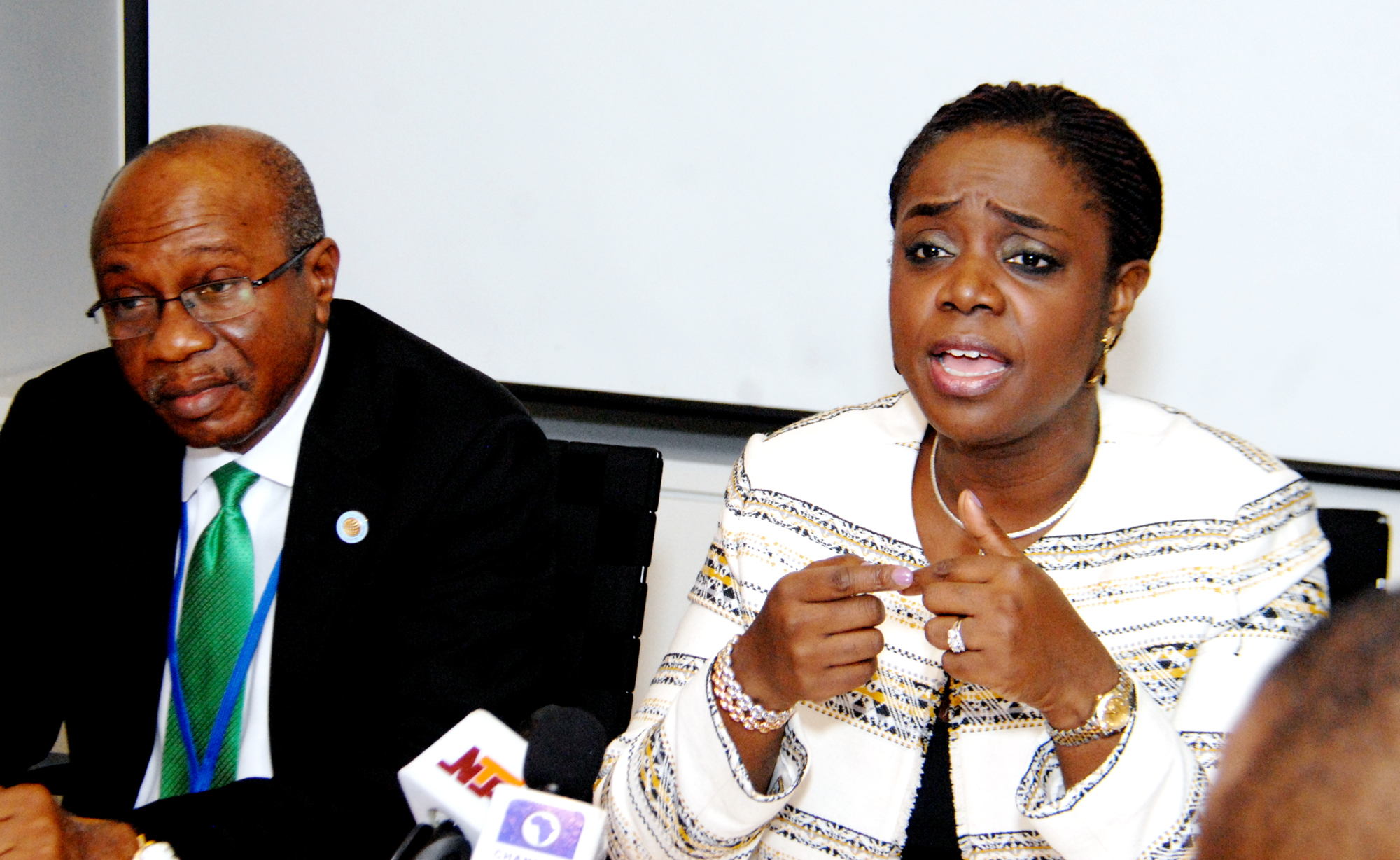
Nigeria’s total Public Debt Stock as at 30th September 2017 stood at $66.634 billion or N20.373 trillion. The debt stock is made up of domestic and foreign debts of both the federal and state governments in the federation. This facts are contained in the figure released by the Debt Management Office in Abuja. The total debt stock showed an increase of 3.6 per cent from the N19.637 trillion as at June 30, 2017.
A breakdown of the Debt Stock showed that Domestic Debt of the federal government amounts to $40.869 billion or N12.495 trillion while that of the 36 states and the federal capital territory amounts to $10.412 billion or N3.183 trillion. Domestic debt however accounted for 76.96 per cent, of the total debt figure while External Debt accounted for 23.04 per cent.
Specifically, Domestic Debt Stock is N15.679 trillion, which is an increase of 4.1 per cent when compared to the N15.034 trillion figure as at June 30, 3017. On the other hand, External Debt Stock stood at N4.694 trillion, a rise of 1.9 per cent above the N4.602 trillion figure as at June 30, 2017.
But federal government is making arrangements to borrow $5.5 billion form foreign sources. The amount which comprises of $2.5 billion new borrowing is to part finance the N2.322 trillion deficit in the 2017 Appropriation Act and $3.0 billion to repay maturing Domestic Debt. This the government said will lead to a reduction in interest costs of about N75 billion and N91 billion respectively, when compared to the interest payment of borrowing in Naira in the domestic market.
The strategy the Minister of Finance Mrs Kemi Adeosun said will also contribute to attaining the target ratio of 60:40 between Domestic and External Debt. According to the Debt Management Office, other benefits of this strategy include, increased availability of funds to the private sector and lower domestic lending rates both of which will enable the private sector contribute to growth, as well as, higher level of External Reserves to support the Naira Exchange Rate.

